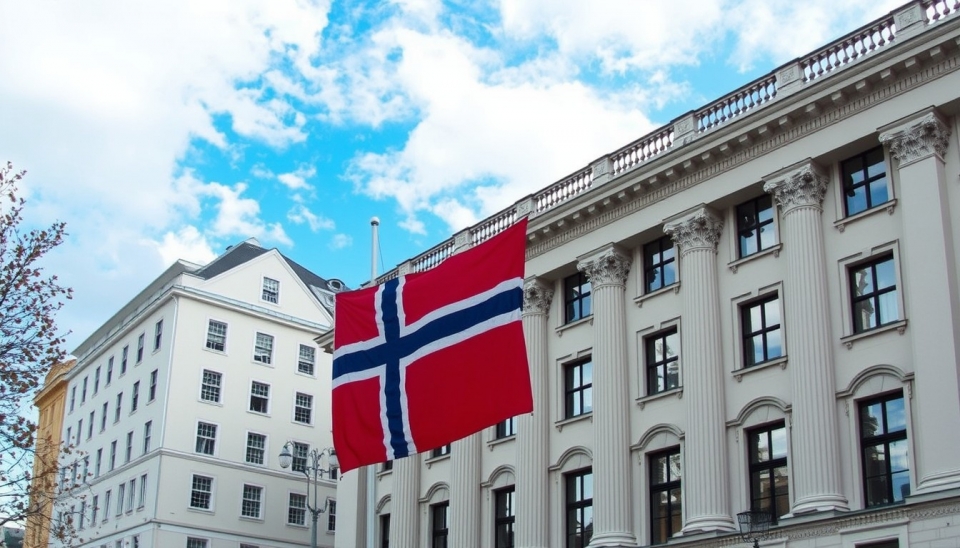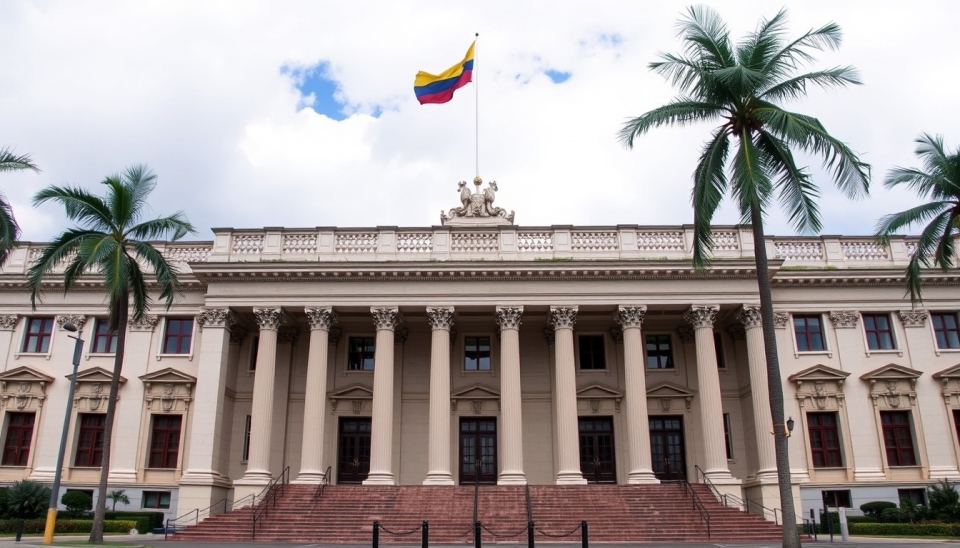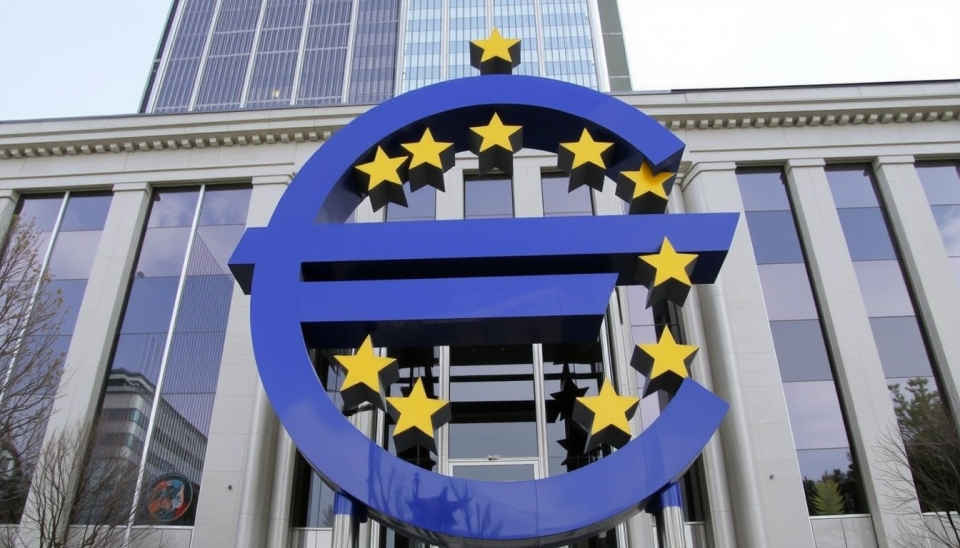
Chinese Central Bank Orders State Banks to Reduce US Dollar Purchases
The People's Republic of China continues to strengthen its control over its financial market, this time tightening restrictions on US dollar purchases. The country's central bank has issued a directive to major state-owned banks requiring them to cut back on the volume of American currency purchases. This move has been interpreted as a response to long-standing threats from the US regarding Chinese economic practices.
Continue reading
State Farm Requests Rate Increases in California Following Devastating Wildfires
The insurance company State Farm has recently filed an official request with California regulators to approve an increase in insurance rates for its customers. This decision was made following a series of devastating wildfires that swept through the state, leaving behind immense damages and increasing costs for insurance companies. State Farm argues that the rate hike is necessary to ensure financial stability and the ability to pay claims for affected households.
Continue reading
Norway Keeps Interest Rate Steady, Signaling Cuts Aren't Likely Until 2025
The Central Bank of Norway has decided to maintain its interest rate at 4.25%, announcing that any plans for cuts are not likely to materialize until 2025. This decision is driven by a desire to support economic stability in the country amid various market influences, including rising inflation and changing work conditions.
Continue reading
Colombian government initiates significant changes in the central bank
Colombia is set to undergo major changes in the management structure of its central bank as part of the new government's strategic plan. President Gustavo Petro aims to move away from outdated approaches that he believes are failing to address the current economic development challenges in the country.
Continue reading
Bank of England Warns of Settlement Risks in Currency Markets
The Bank of England (BoE) has issued a warning that significant settlement risks exist within the unstable currency markets, which could adversely affect financial stability. An analysis conducted by the central bank indicates that currency exchange rate volatility has increased, prompting companies and financial institutions to reassess their risk management strategies and approaches.
Continue reading
Consumer Confidence in South Africa Reaches Five-Year High
Recent data has shown that consumer confidence in South Africa has reached its highest level in five years, signaling a positive outlook for the country's economy. The consumer confidence index has risen to +11, which is 5 points higher than in the previous quarter and 15 points higher compared to the same period last year. This increase has been driven by improving economic conditions and positive expectations from South African households regarding the future.
Continue reading
ECB Concerned About Risks of Inflation Both Below and Above Target Level
The Governor of the Banque de France, Villeroy de Galhau, stated that the European Central Bank (ECB) is closely monitoring the risks of inflation both below and above the target level of 2%. At a recent meeting with journalists, he emphasized that while inflation levels in the euro area have decreased, significant uncertainties remain. Villeroy noted that rising prices for energy and food could lead to an overall increase in inflation.
Continue reading
Financial Strategies: Potential Fed Rate Cut May Prompt ECB Action in October
Recent comments from Jeroen Praet, a senior economist at the European Central Bank (ECB), emphasize that a potential cut in the Federal Reserve's interest rates could impact the ECB's decisions on monetary policy in the coming months. Praet noted that if the Fed decides to implement a significant rate cut, this may urge the ECB to take similar actions to support the European economy.
Continue reading
Russia May Pause Rate Hikes Amid Signs of Economic Cooling Due to War
The Central Bank of Russia may consider pausing interest rate hikes as the country's economic indicators begin to show signs of cooling. This announcement comes in the context of ongoing military actions and their impact on the Russian economy. Recently, there has been a slowdown in inflation rates along with a weakening of domestic demand, which could lead to a new approach in monetary policy.
Continue reading
Experts Warn of Sharp Rise in UK Public Debt by the Mid-2070s
A recent forecast published by the UK Office for Budget Responsibility (OBR) raises serious concerns about the future of the country’s public debt. According to this report, the debt could nearly triple by the mid-2070s if the current economic and budget trends continue.
Continue reading